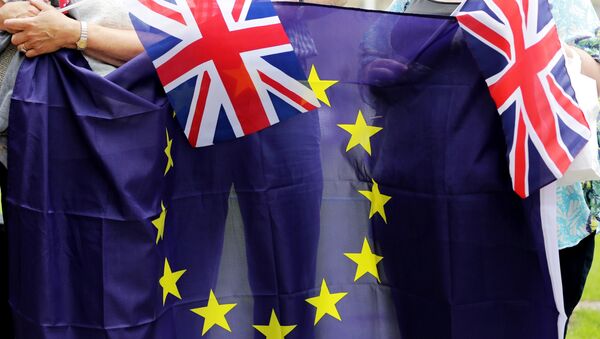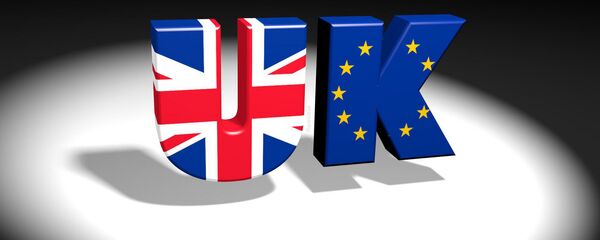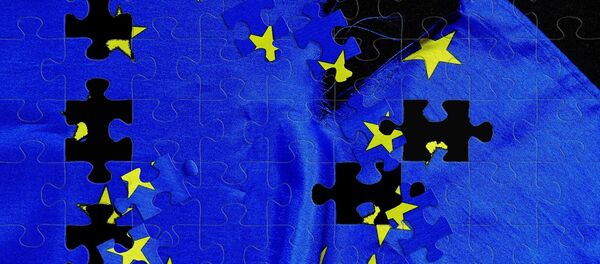“This is the 1989 of this generation, meaning the end of the era. At that time the USSR ended the Warsaw pact and that was similar to an earthquake.”
Amid the vote result the British pound has dropped to a 30-year low, indicating only the beginning of new economic challenges the UK will experience in the near future, McAdams opined. For instance, the EU will put “enormous” financial pressure on the UK to try to “force people to change their minds,” so London must act “immediately” on quitting the bloc, to avoid negative economic consequences, he suggested.
Behind the decision to accelerate the process of Brexit, however, rest significant problems that the British government must address.
“There’s a huge danger that elites will either ignore the will of the people or they start to peddle the will of the people. And eurosceptics say ‘let’s not move so fast.’”
Another challenge for London is the possibility of referendums on secession from the UK in Scotland and Northern Ireland, both of which spoke in favor of remaining within the EU.
“The people in favor of Scottish independence will use it to get another vote,” he said, in reference to earlier failed secession votes in the country. “Breaking of larger units that don’t function properly, where the people don’t want to live, is a real chance for pro-freedom move.”
The next candidates to leave the bloc could be The Netherlands, Hungary and Poland, countries that have grown tired of carrying the burden of “financial sacrifices” to the EU.
“They have put so much money in the Easter EU expansion, so the people get tired. The European elites are so out of touch with the feelings of people on the ground. People are sick and tired of sanctions against Russia that hurt business.”
The domino effect triggered by Brexit, he suggests, gives a glimpse of hope for those who seek a world without the regional rivalries witnessed before 1989.
“This contagion is real and it’s spreading and the two evil twins of the Cold War – NATO and the EU — hopefully, will go down.”





